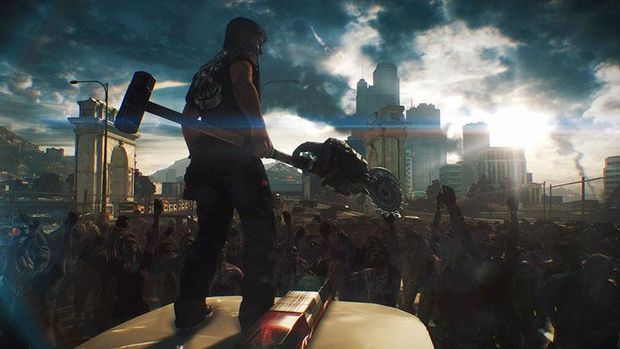Staying frankly West
Dead Rising 3 first surfaced almost two years ago. So how did it end up an Xbox One title? According to Capcom Vancouver producer Mike Jones, talking to Siliconera, it was a matter of resources.
“In terms of building the game, we originally developed it on PC and everything we were doing was breaking the bank on 360,” Jones said. “The number of zombies, the streaming stuff we wanted to do, memory budgets for the number of environments and items and physics and all of that stuff. Our tech team partnered with Microsoft to get early specs and figure out how we were going to get it on new hardware.”
Seems as if the Xbox One’s PC-like architecture aided the transition and allowed Dead Rising 3 to be a much more expansive game than previous entries in the series. “All of the Kinect things, we’re making a game for hardware that isn’t finished that we’re all trying to launch together on day one,” Jones said of the relationship between Microsoft’s tech team and Capcom Vancouver. “Basically, we’ve been in lock step with them.”
So Capcom wasn’t so much infatuated with the “power of the Xbox One” — the cringe worthy buzz phrase of Microsoft’s Es 2013 — and more annoyed by technical limitations of the Xbox 360 late in the console’s life cycle. Meanwhile, the American-oriented Xbox One makes sense as the platform for the continuation of a series borne on Xbox and one that’s being altered to be, “more mature and sophisticated,” to appeal more to Call of Duty fans. Here’s hoping there’s enough zaniness hidden beneath the color-drained, tactical-strike-calling title.
Why Dead Rising 3 Moved From Xbox 360 To Xbox One [Siliconera]








